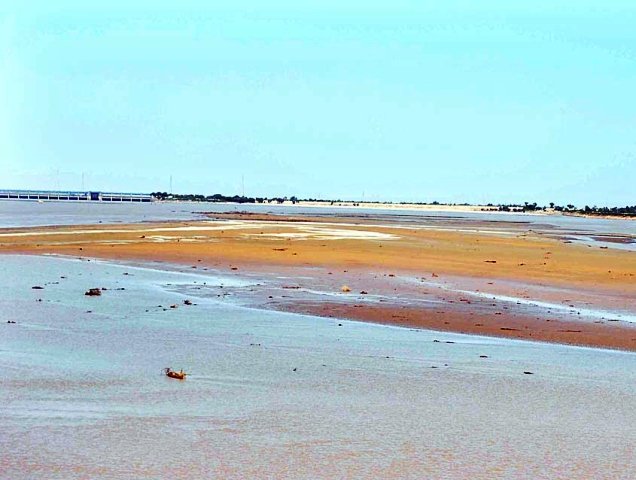
“Pakistan’s stance is simply that it just doesn’t trust India regarding the water issue,” said Feisal Naqvi.
He was speaking about the Indus Water Treaty, signed in 1960, at a roundtable, Indus Water Treaty, Trans-boundary Water Issues and Prospects of Peace in South Asia, at the Forman Christian College on Monday.
The roundtable was organised by the Centre for Public Policy and Governance with the College’s History Department.
Pakistan Counsel for Indus Water Treaty Feisal Naqvi said that that there were some issues, but as a whole the treaty had been a success.
“The fundamental issue for Pakistan is about the potential control of water by India.” Naqvi said that for Pakistan, the concern was that India not decide the flow of water.
Giving India little discretion in this regards as possible, he said, was a provision of the treaty’s technical mechanism.
Naqvi said that there were disputes between the two nations about the treaty but negotiating a new treaty would not be wise. While India acted illegally from time to time, Pakistan’s disputes with India over water issues were exaggerated, he added.

Dr Daniel Haines, a British Academy postdoctoral fellow at the Royal Holloway University of London, said that the treaty was the best possible option available to Pakistan at the time.
He said Pakistan had already tried to resolve the water issue as early as 1948 and failed to achieve any solution.
Therefore, a bilateral treaty was the only way out.
Dr Haines said Pakistanis tend to be sceptical of foreign intervention. “It would be naive to think that the United States would not have had influence. But there is a misconception about the power the World Bank wields,” he said.

He said that in the early 1950s, the World Bank was not a mighty power. “Power tends to flow down the stream; people at the head of a canal will have greater power than the ones at the tail end.”
“The water dispute situation is far more complex today than what the two countries are and are not doing,” said Dr Douglas Hill, a senior lecturer at the Development Studies at the University of Otago, He said that it was time to start talking about the regional dimension of the water issue. “Indus Basin is not just about two countries. At the very least it is about four.” He pointed out that the Indus Basin also involved Afghanistan and China. He said it was essential to explore other regional interventions which could help dilute the bilateral aspect of the issue.
Published in The Express Tribune, January 15th, 2013.


1730965998-0/BeFunky-collage-(27)1730965998-0-165x106.webp)
1731933289-0/BeFunky-collage-(68)1731933289-0-165x106.webp)

1731929357-0/Express-Tribune-(6)1731929357-0-270x192.webp)











COMMENTS
Comments are moderated and generally will be posted if they are on-topic and not abusive.
For more information, please see our Comments FAQ